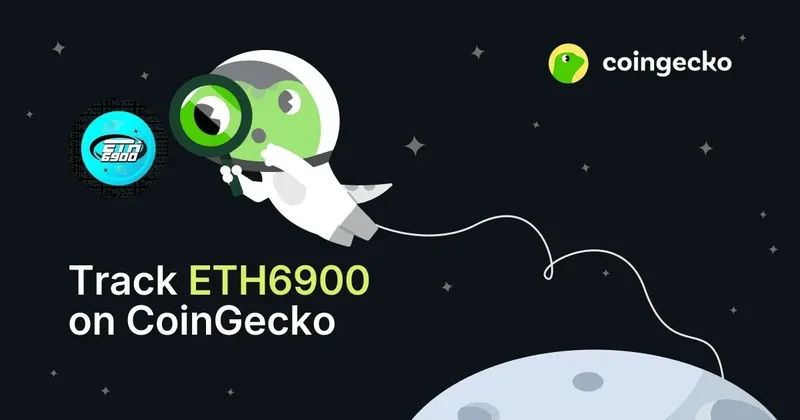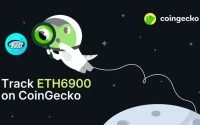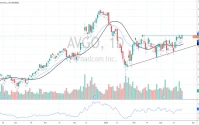Alright, let's get right to it. Vitalik Buterin, the Ethereum mastermind, offloaded a bunch of meme coins recently, netting around $636,000 in ETH. (That's 257.1 ETH, if you’re counting). The specifics: 330,000 MSTR, 14 million POPCAT, 14 billion ITO, and a handful of others with names that sound like typos.
The Great Meme Coin Purge of '24
Now, Buterin's got a history of dealing with unsolicited tokens this way – selling them off or donating them. It's his way of handling the free money (or, more accurately, the free tokens). But this time, it feels different. Maybe it's the scale, or maybe it's the increasingly bizarre nature of these meme coins. Vitalik Buterin Offloads More Meme Coins Despite Criticism - Bitget
Here’s where it gets interesting. Some folks are raising eyebrows about Buterin even acknowledging certain meme coins, like EBULL and MOODENG, despite their charitable donations. The claim is that by recognizing them, he's inadvertently lending legitimacy to what are, let's be honest, incredibly risky ventures. Rug Muncher (yes, that's a real crypto personality) even pointed out a price spike in EBULL after Buterin's nod.
And this is the part of the report that I find genuinely puzzling. Why publicly acknowledge these projects at all? Sure, MOODENG is supposedly working on anti-airborne disease tech, but is that enough to warrant the implied endorsement from one of crypto's biggest names? It is not a question of the charitable intentions of the meme coins, but whether the price is right.
The core issue here is the potential for smaller investors to get burned. Endorsements, even unintentional ones, can pump up the price of these tokens, only for them to crash back down to earth when the hype dies. It's a classic pump-and-dump scenario, and Buterin's actions, however well-intentioned, might be contributing to the problem.

The Unintended Consequences of Influence
The crypto world is a wild west, no doubt. Buterin's influence is undeniable. His words and actions carry weight, and even a passing mention of a meme coin can send its value soaring (or plummeting). The question is, does he have a responsibility to be more careful about what he acknowledges? Maybe it is too much to ask of one person.
One could argue that Buterin is simply exercising his right to do what he wants with the tokens he receives. And that's fair. But the reality is that his actions have consequences, intended or not. It's like a central bank governor making offhand remarks about interest rates – the market reacts, regardless of the governor's intentions.
The data doesn’t lie: meme coins are volatile, risky assets. The median lifespan of these projects is probably shorter than my last relationship. The price fluctuations are extreme, and the potential for manipulation is high. So, when someone with Buterin's clout even acknowledges their existence, it's a bit like throwing gasoline on a bonfire.
Is Crypto's Conscience Asleep at the Wheel?
Look, I’m not saying Buterin is intentionally trying to manipulate the market. But the optics aren't great. He's essentially cashing out on meme coins, some of which he's publicly acknowledged, while smaller investors are left holding the bag. It's a bad look, plain and simple. Maybe it is time for the industry to accept that crypto is no longer a fringe experiment.
And that is where I find the core problem with the data. The assumption that crypto is something that does not impact the real world. The reality is that crypto's impact is real, and maybe it is time for it to be treated that way.
So, What's the Real Story?
The numbers paint a clear picture: Buterin's meme coin sales, while within his rights, raise serious questions about responsibility and influence in the crypto space. The data suggests that even unintentional endorsements can have a significant impact on market prices, potentially putting smaller investors at risk. It's a reminder that in the world of crypto, even the most brilliant minds need to be mindful of the power they wield.










